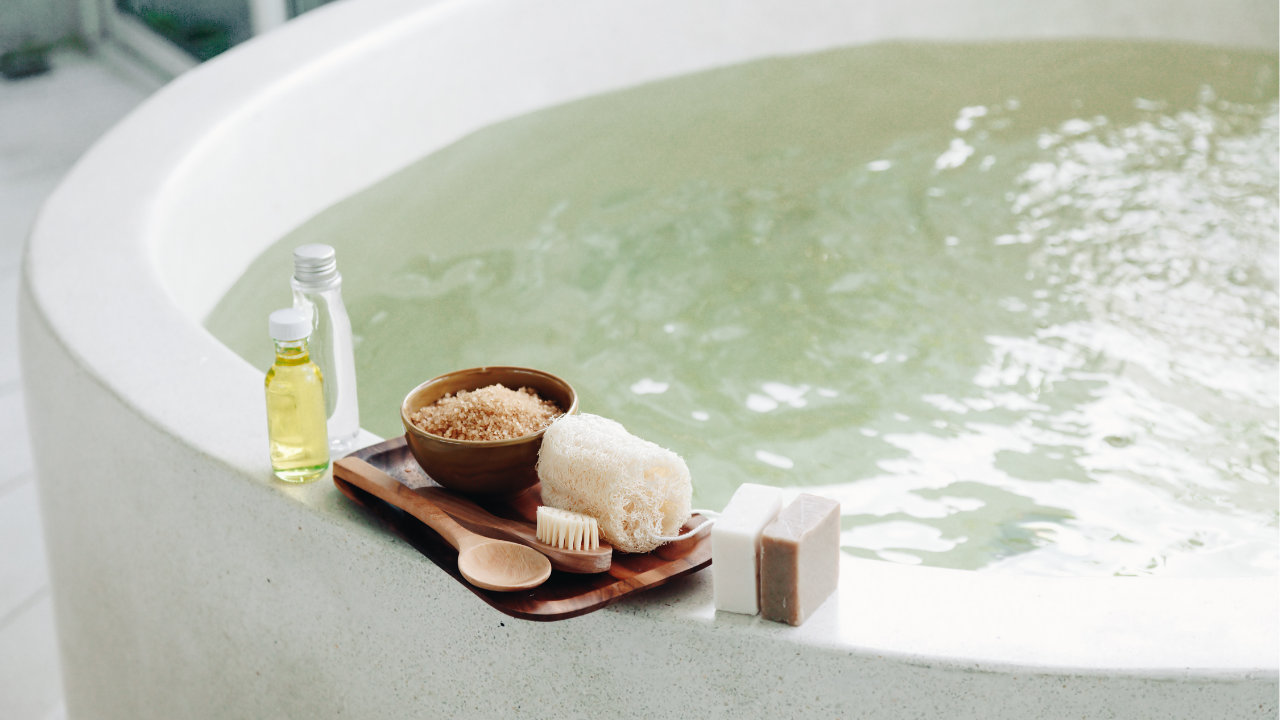Ice baths, also known as cold water immersion, are a popular recovery method among athletes and fitness enthusiasts. Submerging the body in cold water is believed to offer several health benefits. However, like any therapeutic practice, ice baths come with their pros and cons. Here, we explore ten reasons why ice baths may be good for you.
Are Ice Baths Good for You?
1. Reduces Muscle Soreness
Ice baths are often used to alleviate muscle soreness after intense physical activity. The cold water helps reduce inflammation and muscle damage, promoting quicker recovery. When muscles are exposed to cold temperatures, blood vessels constrict, reducing metabolic activity and limiting the inflammatory response.
After leaving the ice bath, the rewarming of the muscles causes a return of blood flow, which can help flush out waste products and improve the delivery of nutrients necessary for muscle repair. This process can significantly reduce delayed onset muscle soreness (DOMS) and help athletes return to their training routines faster.
2. Decreases Inflammation
Inflammation is the body’s natural response to injury or intense exercise. While some inflammation is beneficial for recovery, excessive inflammation can lead to pain and prolonged downtime. Ice baths can help manage this balance by reducing excessive inflammatory responses.
The cold temperature constricts blood vessels, which can reduce swelling and tissue breakdown. By minimizing the extent of inflammation, ice baths can help maintain muscle integrity and functionality, aiding in faster and more efficient recovery from workouts or injuries.
3. Enhances Circulation
While the initial exposure to cold water causes blood vessels to constrict, the subsequent rewarming phase results in vasodilation, where blood vessels expand. This process enhances blood circulation, delivering more oxygen and nutrients to the muscles.
Improved circulation helps remove metabolic waste products from the muscle tissues, reducing fatigue and enhancing overall recovery. This effect on blood flow can also benefit cardiovascular health by promoting better blood vessel elasticity and function.
4. Boosts Immune Function
Regular exposure to cold water has been linked to improved immune function. The stress of cold immersion can stimulate the production of white blood cells, which are crucial for fighting infections.
Additionally, the enhanced circulation from alternating cold and warm phases can help distribute immune cells more effectively throughout the body. This can lead to a more robust immune response, potentially reducing the frequency and severity of illnesses.
5. Improves Mental Resilience
Enduring the discomfort of an ice bath can build mental toughness and resilience. The act of willingly subjecting oneself to cold temperatures requires discipline and mental fortitude, which can translate to other areas of life.
Moreover, the release of endorphins during and after cold exposure can improve mood and reduce stress. This boost in mental well-being can help individuals cope better with daily challenges and maintain a positive outlook.
6. Aids in Weight Loss
Cold exposure can stimulate the production of brown adipose tissue (BAT), a type of fat that generates heat and burns calories. This process, known as thermogenesis, can increase overall energy expenditure and aid in weight loss.
While ice baths alone are not a solution for weight loss, they can complement a healthy diet and exercise regimen by boosting metabolism. The increased calorie burn from regular cold exposure can contribute to a more efficient weight management strategy.
7. Enhances Sleep Quality
Cold water immersion before bedtime can improve sleep quality by lowering the body’s core temperature. A cooler core temperature is conducive to falling asleep faster and enjoying deeper, more restorative sleep.
Good sleep is essential for overall health and well-being, impacting everything from cognitive function to physical recovery. Incorporating ice baths into a regular routine can help establish better sleep patterns and improve overall sleep hygiene.
8. Reduces Stress Levels
The physiological response to cold exposure includes the activation of the parasympathetic nervous system, which helps counteract the stress response. This activation can lead to a state of relaxation and reduced stress levels.
The practice of controlled breathing and mindfulness during an ice bath can also enhance its stress-reducing benefits. By focusing on the breath and staying present, individuals can experience a sense of calm and reduced anxiety.
9. Promotes Faster Recovery from Injuries
Ice baths can be particularly beneficial for athletes recovering from injuries. The anti-inflammatory properties of cold water help reduce swelling and pain, which are common after injuries.
By minimizing inflammation and promoting better circulation, ice baths can accelerate the healing process and allow athletes to return to their activities sooner. This can be especially important for those who rely on their physical performance for their profession or passion.
10. Supports Skin Health
Cold water can improve skin health by tightening pores and reducing the appearance of blemishes. The constriction of blood vessels can also decrease puffiness and inflammation in the skin.
Additionally, the improved circulation from ice baths can enhance the delivery of oxygen and nutrients to the skin, promoting a healthier complexion. Regular cold exposure can contribute to a more youthful and vibrant appearance.
In conclusion, ice baths offer a range of potential benefits, from physical recovery to mental well-being. While they may not be suitable for everyone, incorporating ice baths into a balanced recovery routine can provide significant advantages for those who can tolerate the cold. As with any therapeutic practice, it’s important to listen to your body and consult with a healthcare professional if you have any underlying health conditions.

